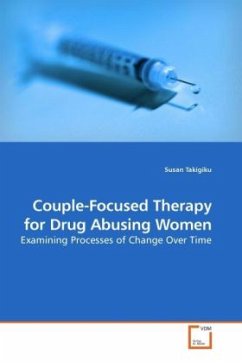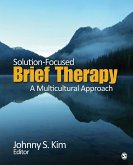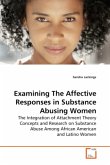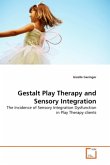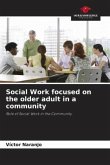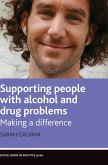Women have made up a significant portion, and at times a majority, of America s drug users and addicts. However, until more recent times, research specifically relating to addicted women and their families has generally been sparse. Women s drug abuse often occurs in the context of a relationship with a romantic partner. This study examined women s drug use and relationship adjustment with male partners using coupled-focused therapy over an 18 month period of time, utilizing an experimental design with five waves of data. It is one of the most substantive studies done to date on women s drug treatment and one of the Perinatal-20 group of studies funded by the National Institute on Drug Abuse, Dr. Robert Lewis, Principal Investigator. Although clinical observations have often described couple processes that seem to sustain the addiction, using new innovations in the area of growth modeling, therapists and researchers can begin to carefully measure and examine the processes of change underlying women s drug addiction.
Bitte wählen Sie Ihr Anliegen aus.
Rechnungen
Retourenschein anfordern
Bestellstatus
Storno

